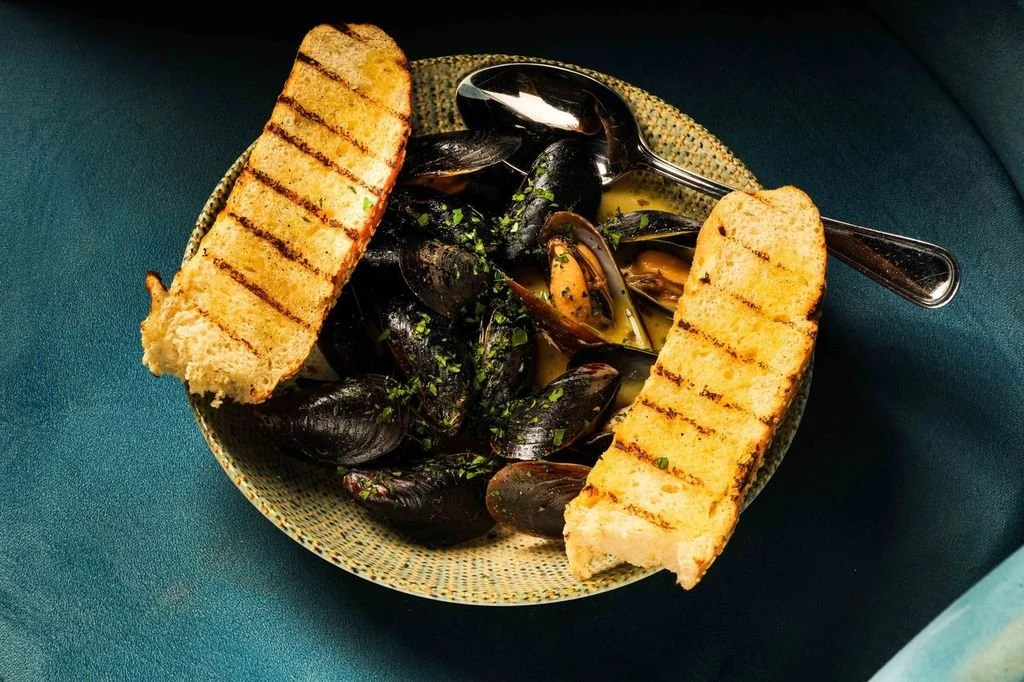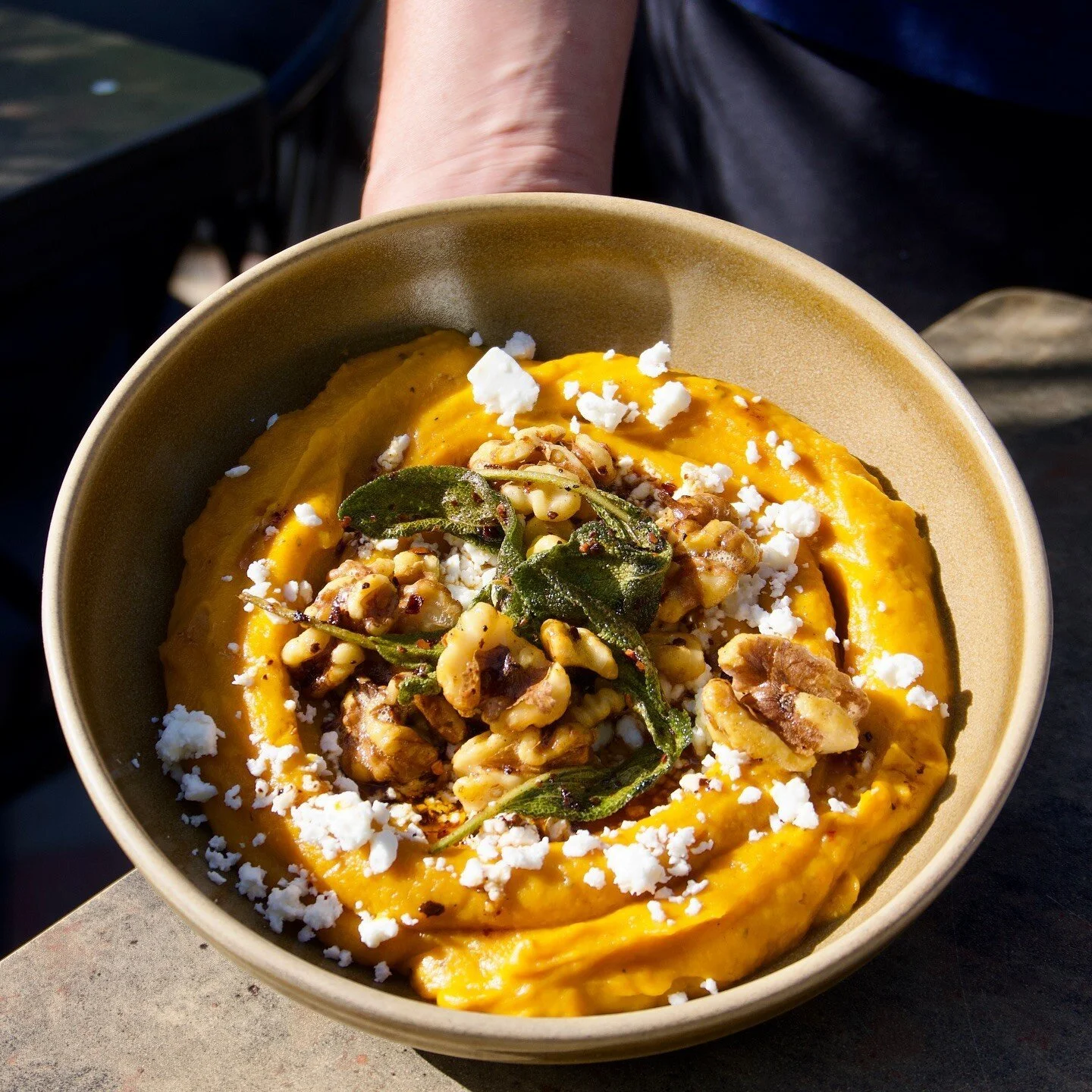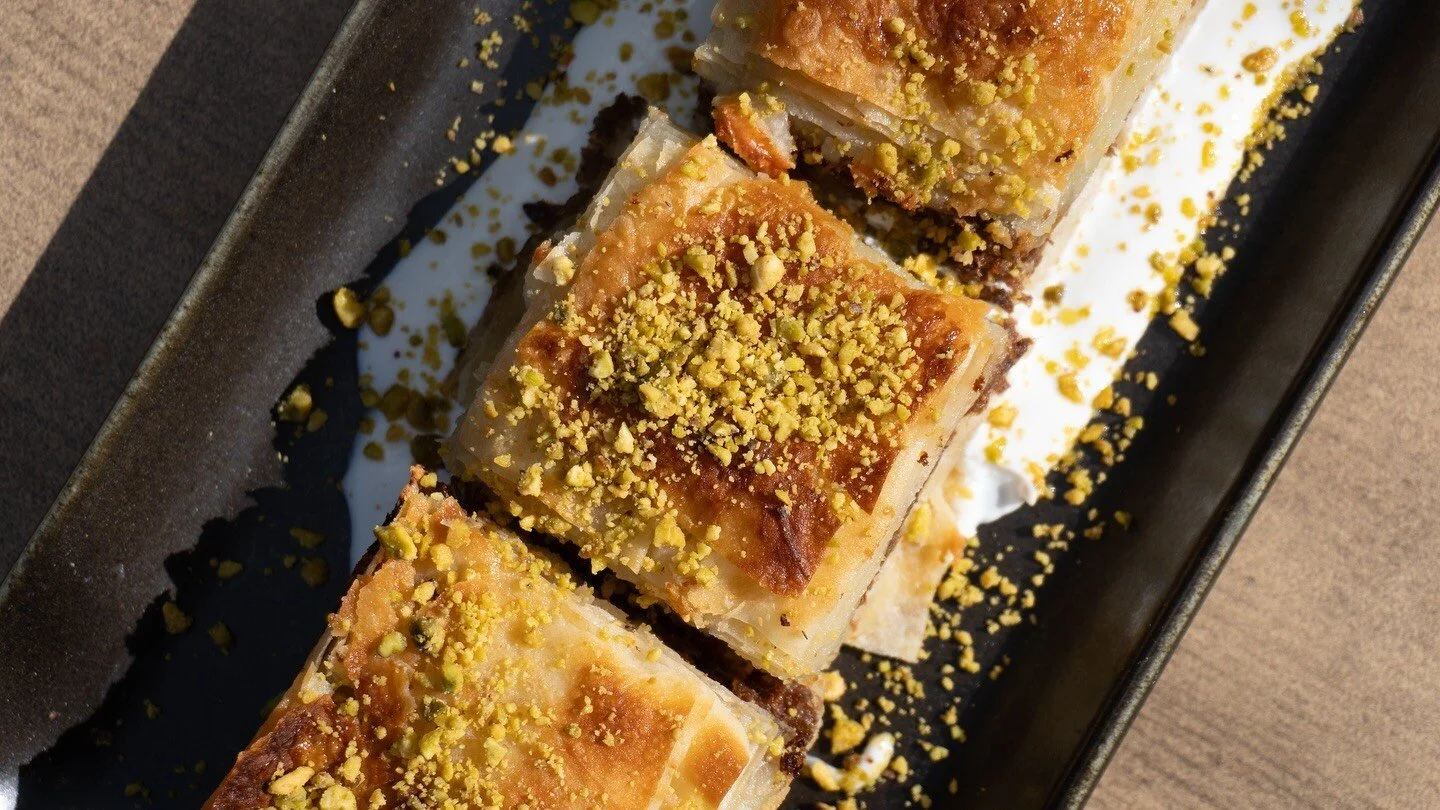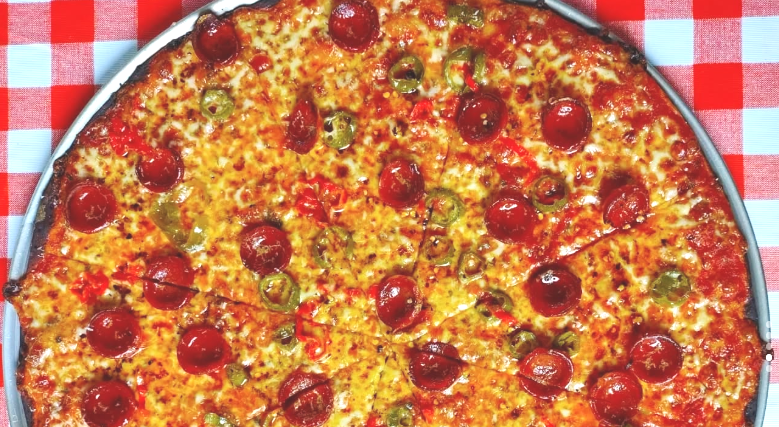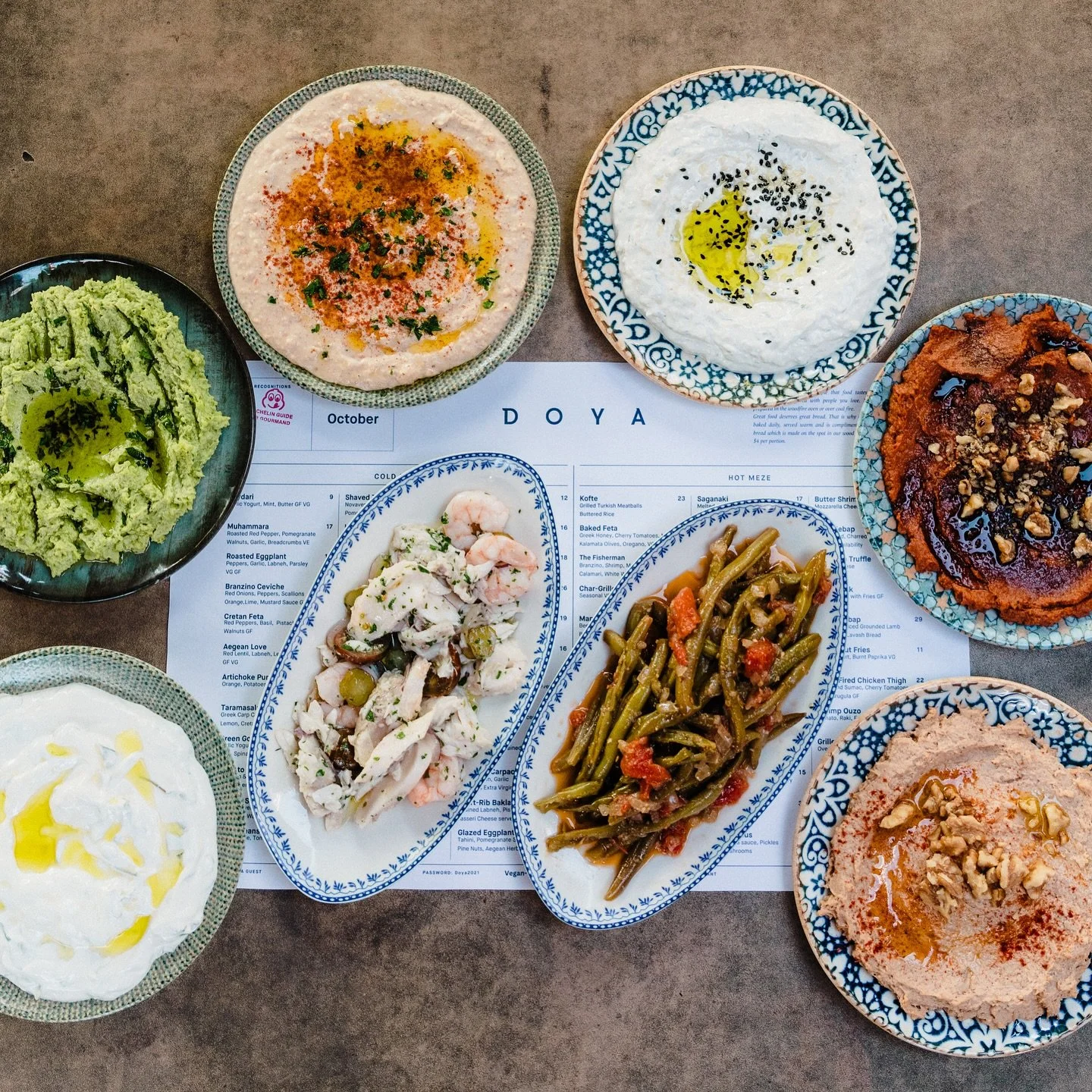
MIAMI
He Was Paid in Cokes to Prep Octopus. Now Erhan Kostepen Runs One of Miami’s Best Restaurants
Doya’s Erhan Kostepen started prepping octopus for a Coke a day. Now he’s one of Miami’s top chefs, serving honest, fire-cooked meze.
Written by Eric Barton | July 21, 2025
AUTHOR BIO: Eric Barton is editor of The Adventurist and a freelance journalist who has reviewed restaurants for more than two decades. Email him here.
On summer nights in Izmir, before cell phones tethered us to anything, a young Erhan Kostepen ran barefoot through the neighborhood, skin tanned from days in the water, salt on his arms.
His family lived above a seafood restaurant so close to the Mediterranean he could hear the tide roll in while he worked. At just eight years old, he spent hours cleaning octopus—five to eight a day—so the restaurant staff could fire them off to hungry locals. His reward: a single Coca-Cola. “My sister and I would fight over who got to drink it, so I’d drink it right there at the restaurant to avoid sharing,” he remembers. “I never got tired of it either.”
It’s that memory—barefoot, hands in octopus, tasting something earned—that still defines how Kostepen cooks today. He’s best known as the executive chef and co-founder of Doya, the bright, wood-fired meze temple in Wynwood that’s earned a loyal following in a city where restaurants are often style over substance. But ask around and you’ll find few chefs in Miami who work the line like he does, sleeves rolled up, arms in the fire, no tolerance for shortcuts. “Guests can feel that,” he says. “It’s not about showmanship. It’s about substance.”
Erhan Kostepen
Kostepen grew up in Izmir, a coastal city where the sea quite literally shaped the menu. The first chef he ever knew was his mother. “She’d look around, see what ingredients were available, and somehow always made the best food,” he says. “That freedom and creativity stuck with me, and it’s how I cook today.” Then there was Sabuli, his nanny, who used to fry up zucchini pancakes faster than he and his sister could swipe them from the counter. That same dish—Zucchini Pancakes by Sabuli—is still on the menu at Doya, a tribute to a moment that never left him.
Before Doya, Kostepen helped open Mandolin Aegean Bistro, one of Miami’s most beloved restaurants. But by 2021, he was ready to build something of his own. “I felt this pull to get back into the kitchen to build something from scratch,” he says. “Doya was the chance to do that—to create something personal and made with love.” Meze, to him, is more than just small plates. “It’s not just about food; it’s about connection. In Turkey, we don’t eat in silence or rush through meals. We sit for hours, sharing dishes, telling stories, and being fully present.”
Broccolini with hazelnuts and labneh
That same philosophy shows up in Doya’s open layout, where tables are full of long conversations, half-finished plates, and wine glasses never left empty. The food is bold but stripped of pretense. Take the octopus, for example: “You’ll get it grilled simply, with just olive oil and lemon. That’s all it needs if the quality is right.”
Fisherman’s stew
Tirokefteri
Even the experimental dishes feel grounded. His Short-Rib Baklava layers braised meat with labneh, pistachios, and kasseri cheese—a savory twist on something traditionally sweet. “I tell everyone it’s the only one of its kind in the world,” he says. Inspiration can strike at odd moments. “Even when I go to bed, I’m thinking about food… letting the conscious wander creates space for creativity.”
Kostepen at Doya’s bar
Kostepen calls himself “an honest cook,” a phrase that could sound cliché if it weren’t so deeply lived. For him, it means never masking flavors with excess, never hiding behind foam or flambé. When Doya first opened, he briefly entertained the idea of letting diners customize their meals with sauces—eight of them. That didn’t last. “What I learned is that simplicity and honesty really do resonate,” he says. “You don’t need to follow trends. Let the food speak for itself.”
Short-Rib Baklava
So much of Doya feels that way—grounded. Built on memories. Powered by fire. And driven by a chef who says the best food doesn’t need to shout. “I don’t believe in hiding dishes under layers of sauces or dressings for the sake of it,” Kostepen says. “What you see is what you get, and the flavors should speak for themselves.”
It’s a philosophy that hasn’t changed since the barefoot days by the sea, since that first Coca-Cola earned by hand. At Doya, the seafood is still fresh, the grill still hot, and the chef still exactly where he wants to be—present, sleeves rolled up, cooking with purpose.




